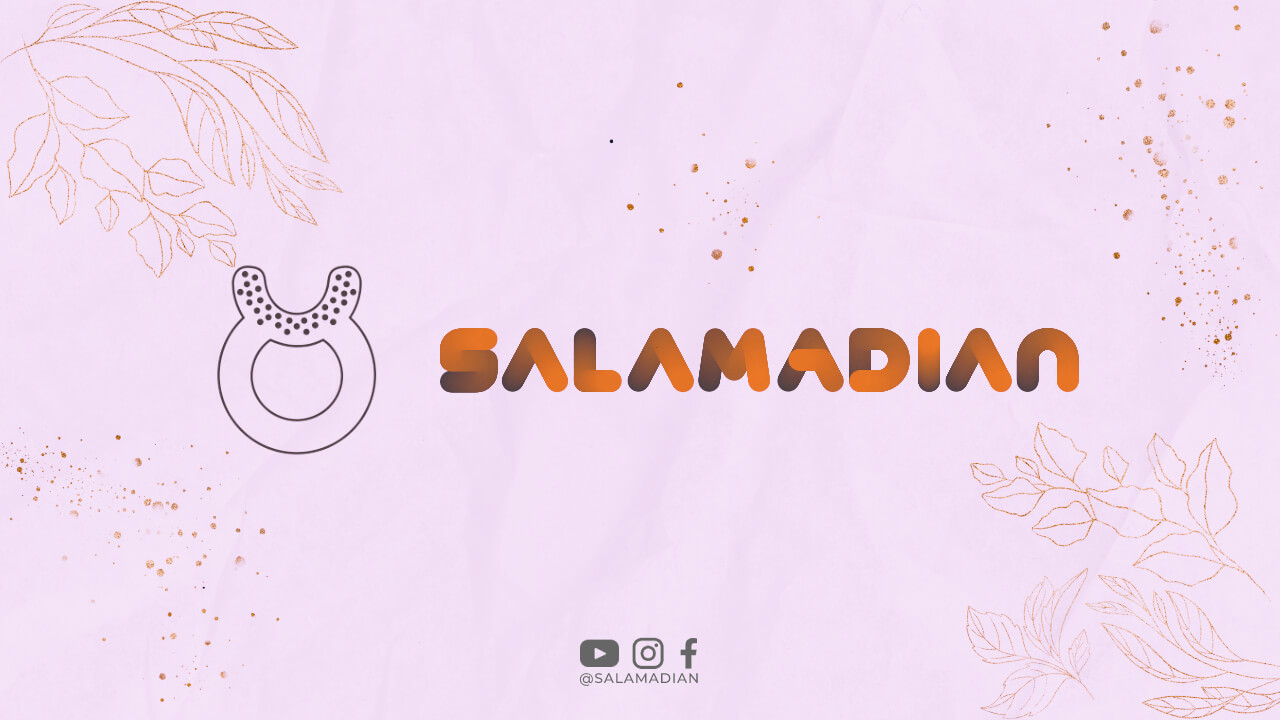Studying in the United Kingdom has become an attractive option for many Nigerian students seeking quality education and global exposure. However, before embarking on this journey, it is crucial to understand the costs involved, particularly the UK study visa fees for Nigerian applicants.
Understanding the UK Study Visa
Obtaining a study visa is an essential step for Nigerians planning to study in the UK. The study visa, also known as the Tier 4 (General) Student Visa, allows individuals to study full-time at a recognized educational institution in the UK.
To apply for a study visa, Nigerian students must first secure an offer of admission from a UK educational institution. Additionally, they must demonstrate proficiency in the English language and provide proof of financial capability to cover their tuition fees and living expenses.
Calculating the UK Study Visa Fee
The UK study visa fee for Nigerian students varies depending on the duration of the course and the type of institution they plan to attend. The fees are subject to change, so it is essential to check the official UK government websites or consult with a reputable visa agent for the most up-to-date information.
As of the time of writing, the UK study visa fees for Nigerian students are as follows:
Short-term Study Visa:
For courses lasting up to 6 months, the fee is £97 (approximately ₦47,000).
Standard Study Visa:
For courses lasting longer than 6 months, the fee is £348 (approximately ₦169,000).
It is important to note that these fees are solely for the visa application and do not cover other expenses such as healthcare surcharges or the cost of English language tests.
Additional Costs to Consider
While the study visa fee is a significant expense, there are other costs Nigerian students should consider when planning to study in the UK. These include:
Tuition Fees: The cost of tuition varies depending on the chosen course and institution. It is advisable to research different universities and colleges to find the most suitable and affordable option.
Living Expenses: Studying in the UK also requires budgeting for accommodation, food, transportation, and other daily expenses. The cost of living varies depending on the city or town where the institution is located.
Healthcare Surcharge: Nigerian students are required to pay a healthcare surcharge as part of their visa application. This surcharge grants access to the UK’s National Health Service (NHS) during their stay.
English Language Test: Depending on the course and institution, Nigerian students may need to take an English language proficiency test, such as the IELTS or TOEFL. These tests have associated fees that should be considered alongside the study visa costs.
Conclusion
Studying in the UK offers Nigerian students an excellent opportunity for personal and academic growth. However, it is essential to understand the costs involved, including the UK study visa fees. By calculating the study visa fee and considering additional expenses such as tuition fees, living costs, healthcare surcharges, and English language tests, Nigerian students can plan their study abroad journey more effectively.
Remember to stay updated with the official UK government websites or consult with a reputable visa agent to ensure accurate and current information regarding study visa fees and requirements.

